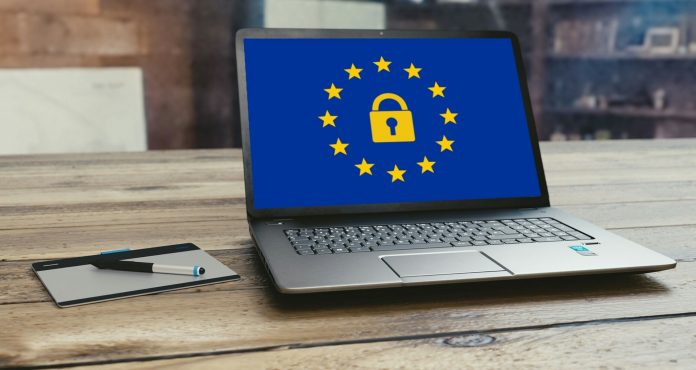The General Data Protection Regulation (GDPR) applies to both Business-to-Consumer (B2C) and Business-to-Business (B2B) interactions, but there are some differences in how the regulation is applied in these contexts. Here’s an overview of how GDPR relates to B2B interactions:
- Definition of Personal Data:
GDPR defines personal data as any information that relates to an identified or identifiable natural person. This definition includes individuals in a B2B context, such as employees of a business, freelancers, or sole proprietors. - Lawful Basis for Processing:
In B2B relationships, the lawful basis for processing personal data may vary depending on the specific circumstances. Legitimate interests, contract performance, or compliance with legal obligations are commonly relied upon lawful bases for processing B2B personal data. - Consent:
While consent is an important lawful basis for processing personal data in B2C scenarios, it is not always required in B2B interactions. In many cases, the processing of personal data in B2B relationships is based on other lawful bases, such as the necessity for contract performance or legitimate interests. - Direct Marketing:
B2B direct marketing activities are subject to GDPR regulations. However, under certain conditions, businesses can rely on legitimate interests as a lawful basis for sending direct marketing communications to other businesses. This is based on the assessment that the interests of the sender outweigh the recipient’s interests, rights, and freedoms. - Data Subject Rights:
Individuals within B2B relationships, such as employees or representatives of a business, have the same data subject rights as individuals in B2C relationships. This includes rights such as access to their personal data, rectification, erasure, and objection to processing, among others. - Data Security and Data Protection Measures:
B2B organizations are required to implement appropriate technical and organizational measures to protect personal data. This includes ensuring data security, confidentiality, and integrity, as well as implementing safeguards to prevent unauthorized access, loss, or disclosure of personal data. - Data Processing Agreements:
When personal data is shared between B2B entities, it is important to have appropriate data processing agreements in place. These agreements outline the responsibilities of each party and ensure that personal data is processed in compliance with GDPR.


